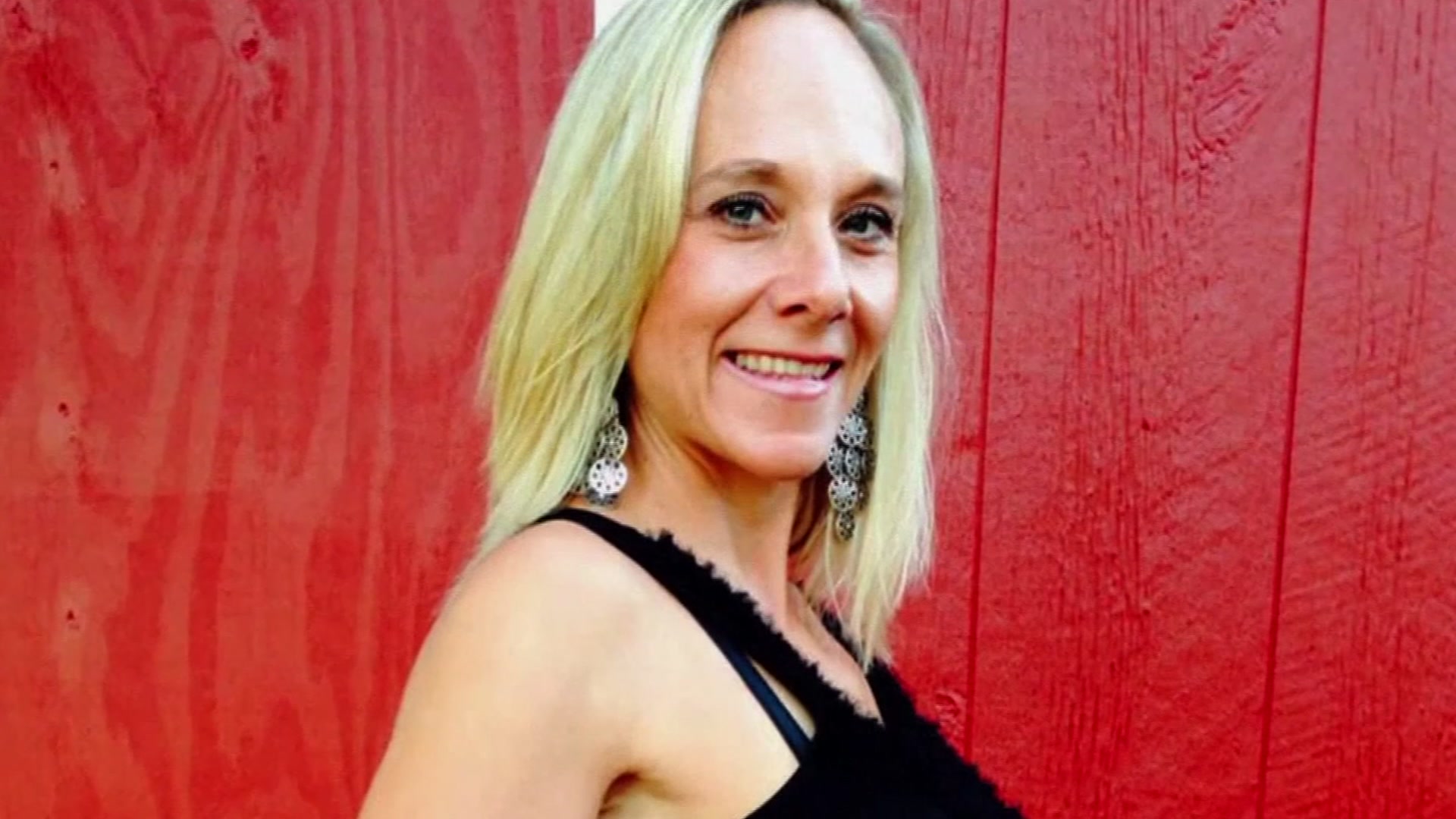A Houston suburb stepped briefly into into the fray over illegal immigration Tuesday before city leaders voted not to consider laws that would ban illegal immigrants from renting property or owning businesses or that would have made English its official language.
The Tomball City Council discussed several ordinances that would have also prevented illegal immigrants from owning property or operating any business.
Council members said they were dissuaded in part from pursuing a ban on renting to illegal immigrants based on the experience of Farmers Branch, a Dallas suburb that for years has been trying to enforce a similar ordinance. A federal judge ruled the ordinance unconstitutional in March, and Farmers Branch is appealing. Farmers Branch has spent more than $3.3 million in legal fees related to the ordinance.
"It would not serve this city well, spending our time and money pursuing this kind of ordinance," said Tomball Councilman Preston Dodson.
Tomball Councilman Derek Townsend, who proposed the ordinances, said he fully supports immigration as long as it's legal. Critics called his proposals racist and reactionary.
"Let's make this perfectly clear. It's not about race. It's about legalities," Townsend said at the meeting.
He said he's against those who would come into the country illegally and reap the benefits of living in the U.S. without paying their fair share of taxes.
Local
The latest news from around North Texas.
But after Dodson and two other council members spoke against the rental ban, Townsend voted with them to not pursue the ordinance.
"I don't want us to get into lawsuits. But at the same time, we have to stand up somewhere," Townsend said.
Council members also voted to not pursue an ordinance to make English the city's official language and tabled a proposal that called for mandating that any company awarded a city contract not hire illegal immigrants.
City leaders also voted to continue running a day labor site that some critics say is being used by illegal immigrants.
Tuesday evening's City Council meeting drew a crowd that exceeded the council chamber's maximum capacity of 122 people. About 30 people, including several reporters, could not enter but were later allowed to attend as the crowd lessened.
Nearly 50 people either spoke at the meeting or sent comments. Most spoke against the ordinances banning illegal immigrants from renting or owning property or from running or owning businesses or spoke in favor of the city-run day labor site.
Tony Martinez, who has lived in Tomball for five years, said the proposals would change the city from a welcoming community to one marred by racism.
"I'm a home builder. If you bought a home for $150,000, it's because of the day laborers, the cheap labor," he said. "Everyone has a nice home right now. Thank the immigrants."
David Smith, a spokesman for the Progressive Workers Organizing Committee, a Houston-area labor group, urged the City Council to drop the proposals, which he called "anti-immigrant."
"Why put this wonderful city on the national map of racism and hatred," said Smith, who teaches government at a community college near Houston.
According to 2000 U.S. Census figures, Tomball's population of 10,000 was about 87 percent white and 12 percent Hispanic.
Many who spoke in favor of the proposed ordinances said they were not being racist but only want city leaders to enforce rules and regulations.
"We are a country of law and order," said Richard Smith, who lives in nearby Hockley, Texas. "All we are asking the City Council to do is follow the rule of law."
Tomball resident Anthony Mooney said the ordinances need to be implemented to "bring light to all the thieves, murderers and rapists flooding across our border."
Townsend said he simply wanted to bring light to an issue that has frustrated many Americans and prompted some residents to demand action.
"I've just had enough of giving our country away," he said.
Similar ordinances around the country, including those in Farmers Branch, Fremont, Neb. and Hazleton, Pa., have cost their communities millions of dollars in legal fees and are usually declared unconstitutional, Smith said.
Arizona's controversial immigration law is also being challenged in court. It requires police officers while enforcing other laws to ask individuals about their immigration status if there is "reasonable suspicion" that they're in the country illegally.



